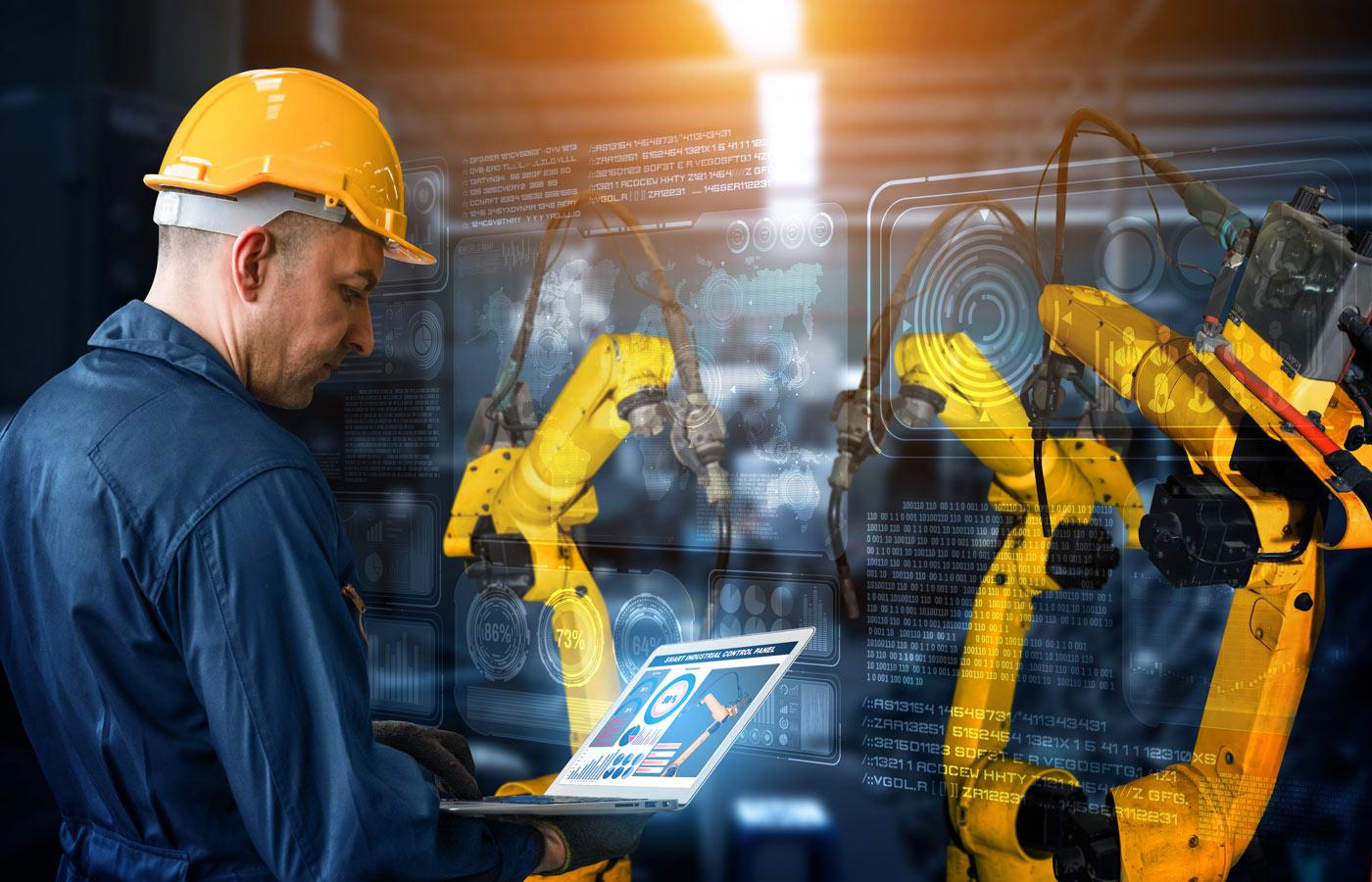
AI: Automation in an Uncertain Economy
tl;dr
- Companies are increasing investments in AI to offset labor shortages and economic headwinds.
- Automation is reframing competitive advantage in industries from logistics to finance.
- Critics argue AI adoption could widen inequality and destabilize labor markets.
- Economic downturns may be accelerating—not slowing—automation adoption.
- Strategic implementation and policy frameworks will determine long-term outcomes.
In 2025, as economic uncertainty looms over global and U.S. markets, the role of AI and automation in corporate strategy is no longer hypothetical—it's imperative. For many companies, automation has become a response to rising costs, talent shortages, and the pressure to do more with less. But not all voices agree on its trajectory or impact.
Recent reporting from Business Insider highlights how U.S. firms are deploying automation in response to new tariffs, citing efficiency gains and workforce adaptation as key drivers. Similarly, ITIF research indicates small businesses are increasingly reliant on AI to boost revenue and streamline operations.
In the financial sector, automation is no longer optional. A World Economic Forum report notes that CFOs are embracing AI to reduce risk and enhance forecasting accuracy. McKinsey's AI workplace insights further predict AI will drive the next wave of productivity gains—especially in sectors where repetitive knowledge work can be augmented or replaced.
Yet, this rapid shift isn't without controversy. The Bank of England has cautioned that autonomous financial AI could trigger market instability, while the IMF warns of deepening inequality if AI benefits accrue disproportionately. Thought leaders like New York Magazine argue that framing AI purely in economic terms misses the social and philosophical consequences of accelerating automation.
Tariffs and downturns may paradoxically be speeding up automation. A Time article suggests that protectionist policy could unintentionally push companies to invest more heavily in non-human labor, reinforcing the idea that recessions are fertile ground for technological overhauls.
So, what's the verdict? The coming years will likely see AI further entrench itself as a pillar of corporate resilience. But whether that leads to shared prosperity—or concentrated power—will depend on how it's governed and who it's designed to serve.
References
- AI in Action — Business Insider
- Trump's Tariffs and Automation — Business Insider
- Workforce Transformation in 2025 — Supply & Demand Chain Executive
- AI Can Improve Small Business Productivity — ITIF
- AI Is Transforming Finance — World Economic Forum
- AI Predictions 2025 — PwC
- AI in the Workplace — McKinsey
- Authentic Intelligence — World Economic Forum
- AI in Financial Transactions — Itemize
- Tariffs and Automation — Time
- AI Market Crisis Warning — The Guardian
- How to Survive the AI Revolution — The New Yorker
- AI and Inequality — IMF
- The Future Is AGI — New York Magazine
- Impact on Employment — Medium
- AI, Recession, and the Future of Work — Medium
- AI Scenario Planning — IMF


